-guest: Benedikt Bösel
Forces of Nature is a talkshow miniseries featuring dynamic leaders from across food & environmental movements. Tune-in for a dose of optimism.
FORCES OF NATURE

Benedikt Bösel
REGENERATIVE PIONEER
- Finck Foundation Founder
- Gut & Bösel Land-Use Proprietor
- Innovator
- TV Star
- Good Dude!
–
–
miniseries
.


Benedikt Bösel – Pioneering Land Use · whole new ball of wax · ep. 113
.
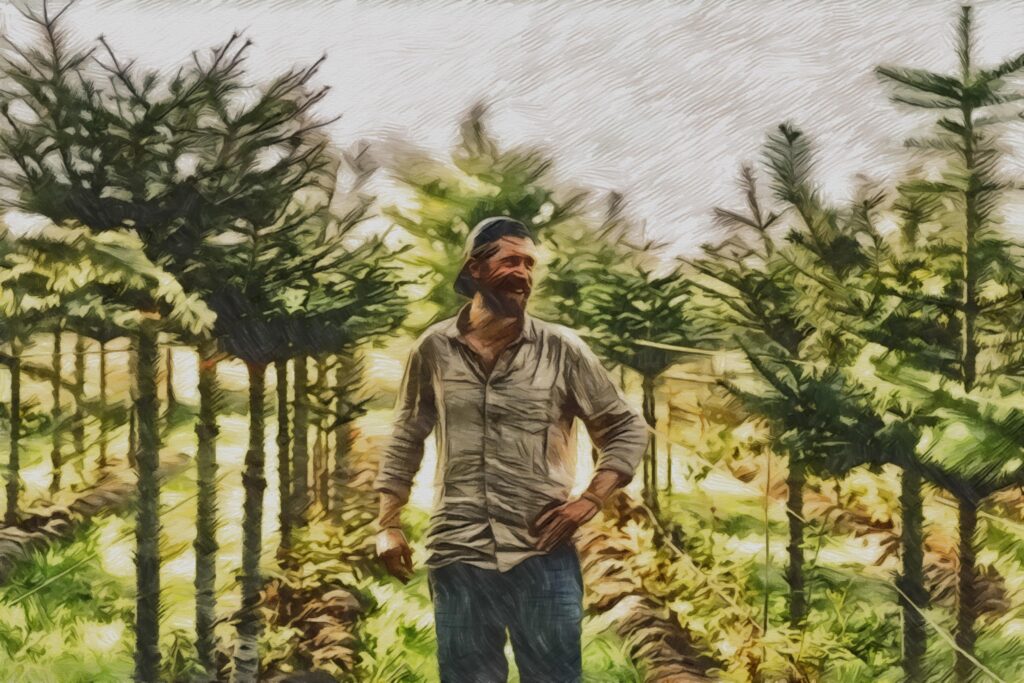
–
ECOLOGICAL PRINCIPLES IN LAND USE
Benedikt Bösel is founder and CEO of Gut & Bösel, a 3,000 hectare ecological farm and land use research center east of Berlin, Germany. The site is quickly becoming an epicenter for the future of food & fiber production. It’s the whole ball of wax from regenerative food production practice, forestry management, savvy land use, stewardship initiatives, animal centric integration, and even a royal bed & breakfast to welcome new guests to the movement. It’s a gem of a spot and a big win for EU Regen.
In 2016, Benedikt took over management of the land that’s been in his family for 300 years. He changed the operating system to farm and forest by improving the ecology. In just a few short years, Gut & Bösel has grown from a concept to now tabulating positive outcomes of systemic land use management trials. Brought together in Brandenburg, this epicenter will expand everyone’s capabilities to understand and to work smarter with natural systems.

.
Buy-in has been good. Agtech is woven into the fabric of this innovation hot-bed, and influential players from around the Brandenburg region, across Germany and throughout Europe have responded to Gut & Bösel with resounding support. In the blink of an eye, Benedikt has laid the foundation for a Stone Barns, EURO.
ACCORDING TO GUT & BÖSEL SITE: (translated)
“Between forest and research, cows and compost, agroforestry and arable farming – this is how we research and develop different forms of multifunctional land use.“
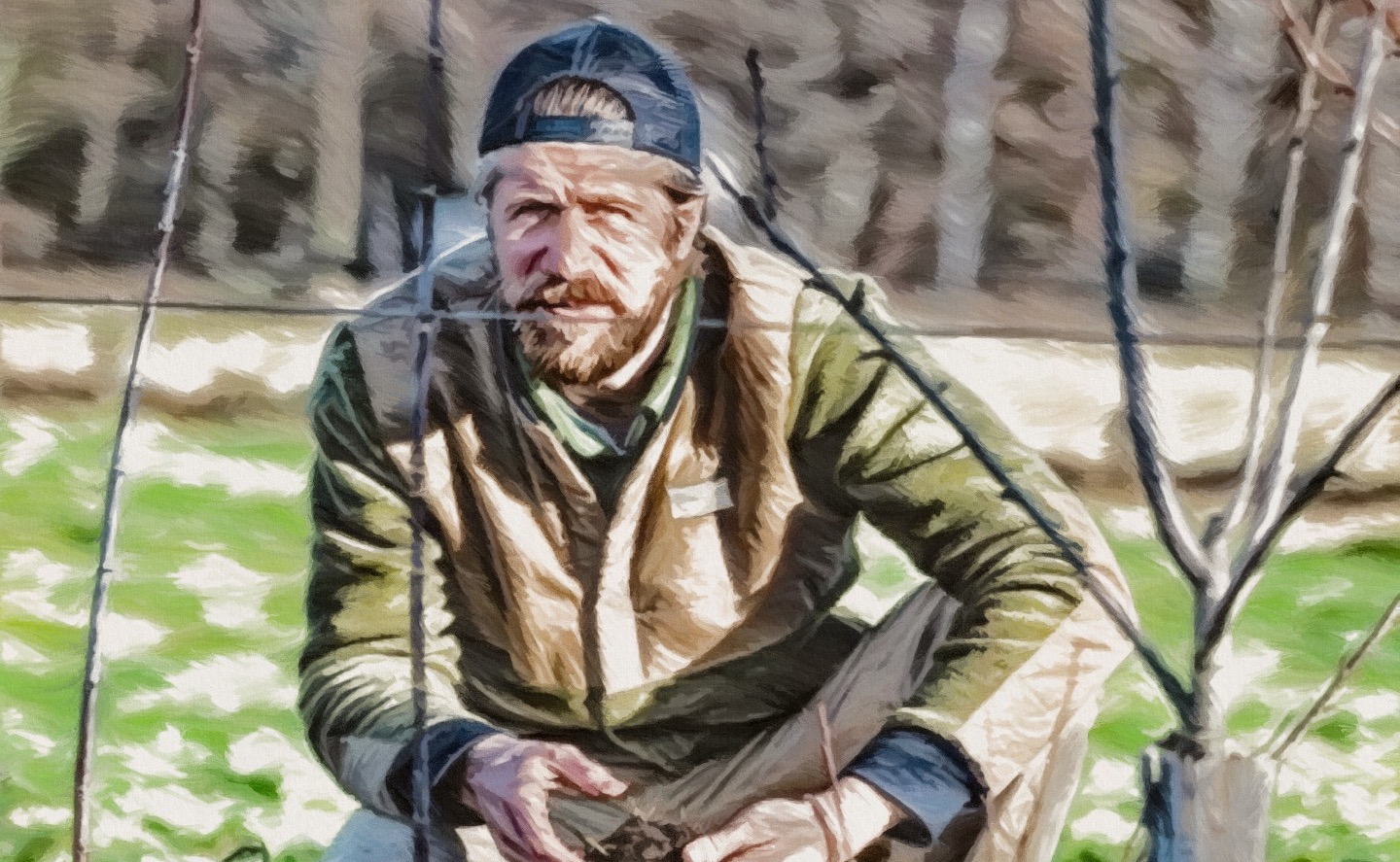
#ForcesOfNature
“An hour east of Berlin, Thor Odinson’s overachieving German cousin Benedikt Bösel pushes the REGEN envelope on a parcel the size of 6000 soccer pitches!”

THE WHOLE NEW BALL OF WAX
GUT & BÖSEL ECOLOGICAL LAND USE EPICENTER
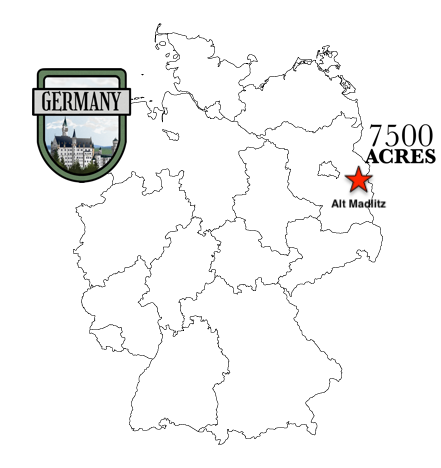
Land Use Testing & Research Center
Alt Madlitz, Brandenburg, Germany
– Ecological Agriculture
– Agroforestry
– Forestry
– Plant Nursery & Germination
– Animal Centric Pasture Management
– Compost Farming
– Contemporary Research Institution–
– Park & Agri-Tourism Center
– AgTech Hub
– Early-Stage Company Incubator
– Jobs Creator
– Community Builder
– Movement Leader
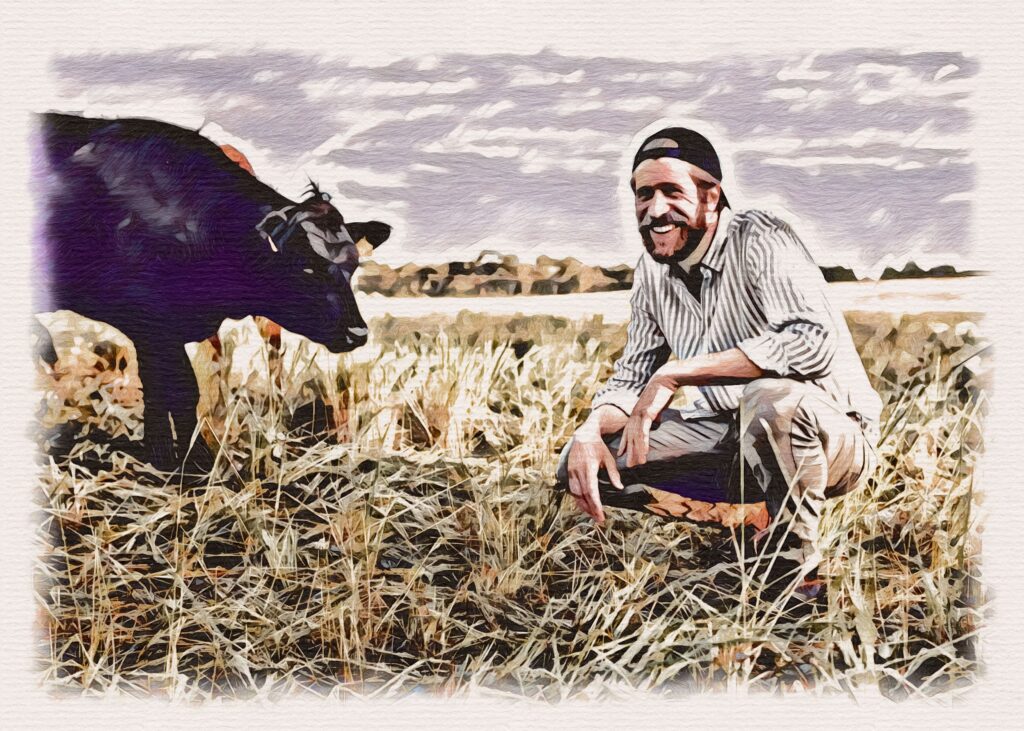
FARMING THE ELEMENTS
The Brandenburg region has little precipitation and very sandy soils. It’s a challenging place to farm. Benedikt came to Alt Madlitz with a grand idea. Then drought came, and everything changed. This forced him to innovate years before originally planned. Benedikt doubled down on closing the nutrient cycling loop of ecology to keep healthy production from his land. He weathered that storm and continues to build resiliency.
Through holistic pasture management, composting, syntropic agroforestry and forest conversion, and even the development of new software and technology – the stellar team at Gut & Bösel are working on methods of multifunctional agriculture to build healthy and thriving ecosystems. So much more to come.
“he‘s farming for our future!”
AWARD WINNING EFFORTS & DEFT TOUCH
Benedikt was named 2022 Farmer of the Year in Germany by the Federal Minister of Agriculture. The Gut & Bösel team was recently the subject of a six-part Disney+ miniseries titled ‘The Farm Experiment‘, which is expected to drop in 2023. The release of a book sharing more of the good, the bad and the journey to date is on the docket.
In ep. #113 we chat about the soon to begin World Cup 2022. You get some insight into Benedikt’s POV on global affairs, and where he believes change is going to come from. We also learn that despite being a German football fan at heart, it’s the NBA that gets Benedikt to kick back and have a few beers. In fact, it’s my hometown Boston Celtics may be his team. Go GREEN (C’s & The Planet). I’m pulling for team USA in Qatar, but no matter what happens I’m just excited to see the beautiful game played on its grandest stage. Despite all the problems that brings.
–
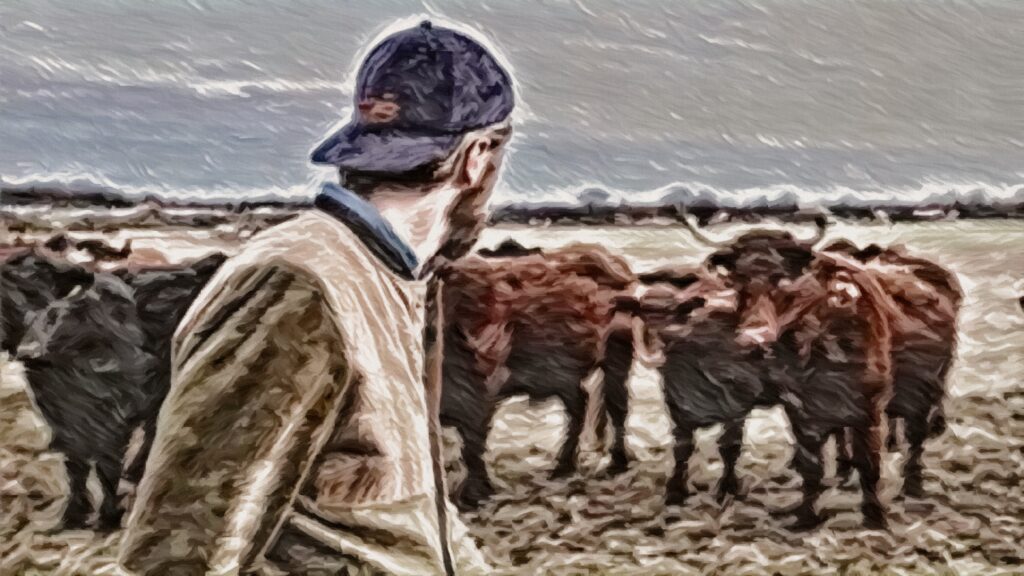
–
–
“I realized that we have to dramatically change the system, and the philosophy of our land use models. We were already doing agriculture in an ecological standard on the farm, but it was far from building soil, and looking after soil fertilizing and ecosystem health. That’s how we started on our journey to discover what alternative land use models are out there to turn the situation around.”

.
– Benedikt Bösel, episode 113 guest

.
CALL TO ARMS
Benedikt is glass-half-full kinda of guy. That’s his nature. He’s also a trained investment banking who has sniffed this out as a business growth opportunity. Interest in smarter foods and fiber has become ripe, and as the regenerative movement brews – we’ll see more of these products hit mainstream. Sure, carbon markets monopolize much of the current discussions, and there’s all kinds of greenwashing of intents happening out there. This call to action is to elevate the conversation; to focus only on regenerative natural systems of ecology to grow our foods and fiber.
twitter: @BenediktBoesel
.
.
photo credits: Werde Magazine || ZEIT ONLINE || tagesspiegel || Food Matters Live
FORCES OF NATURE
Benedikt Bösel
Thor Odinson’s overachieving German cousin Benedikt Bösel is pushing the envelope on a REGENERATIVE landscape just East of Berlin, Germany. On 3000 hectares of land and with hundreds of team members / supporters – they’re proving-out, and showcasing what regenerative land use can look like.
It’s estate succession planning done right!
–
–
–
.
FORCES OF NATURE – series
As part of the FORCES OF NATURE series, in this episode you’ll hear from inspiring folks making good things happen to benefit the world.
–
.

until the next drop…
.

full catalog >>
.
.
.
,.


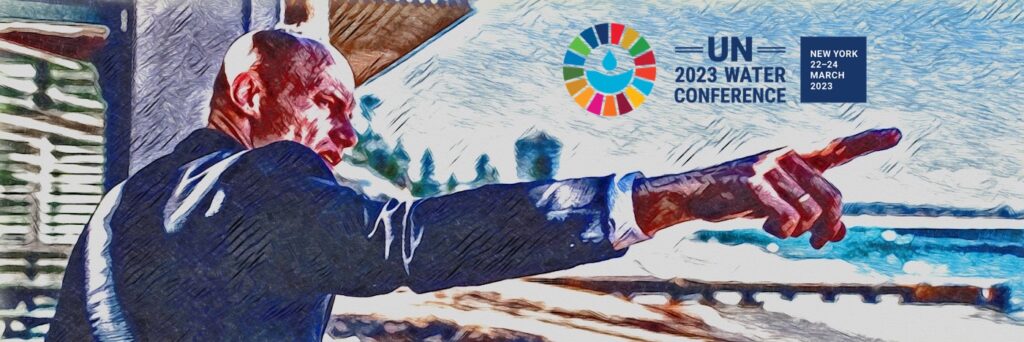
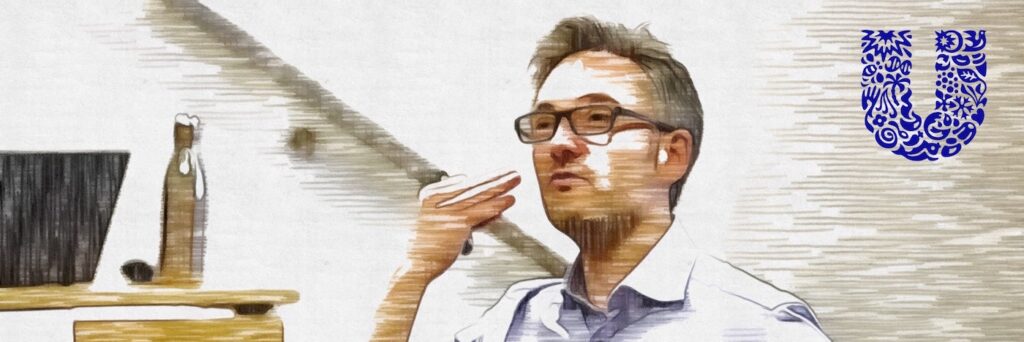


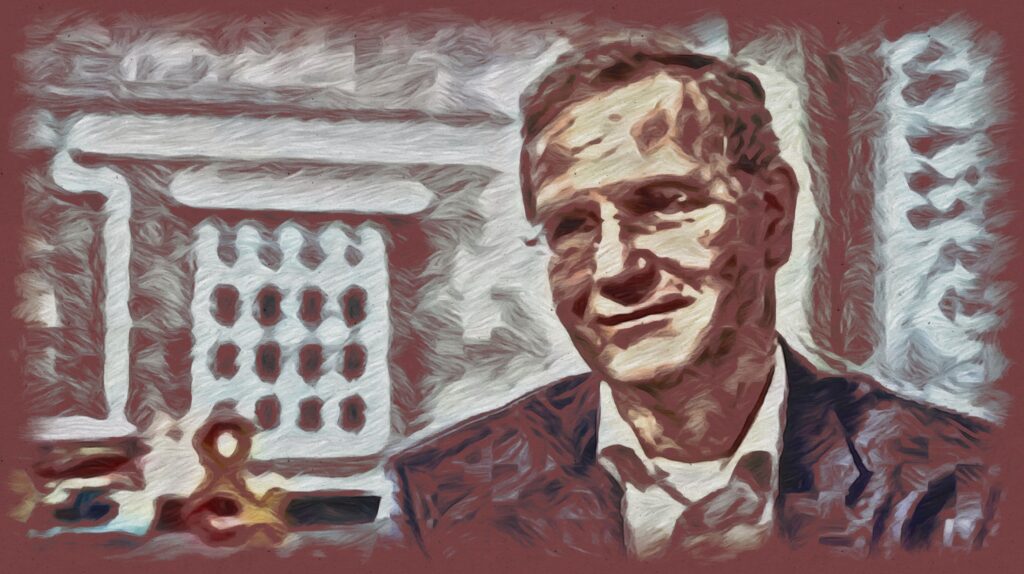
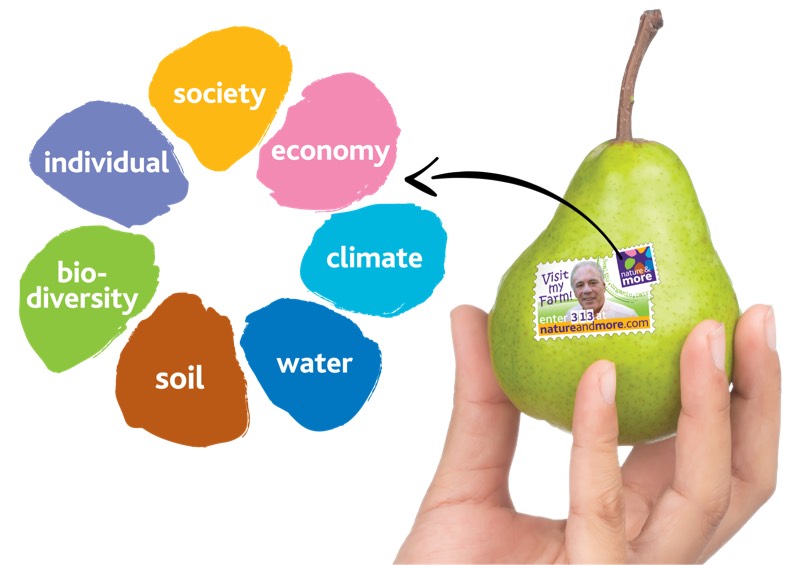
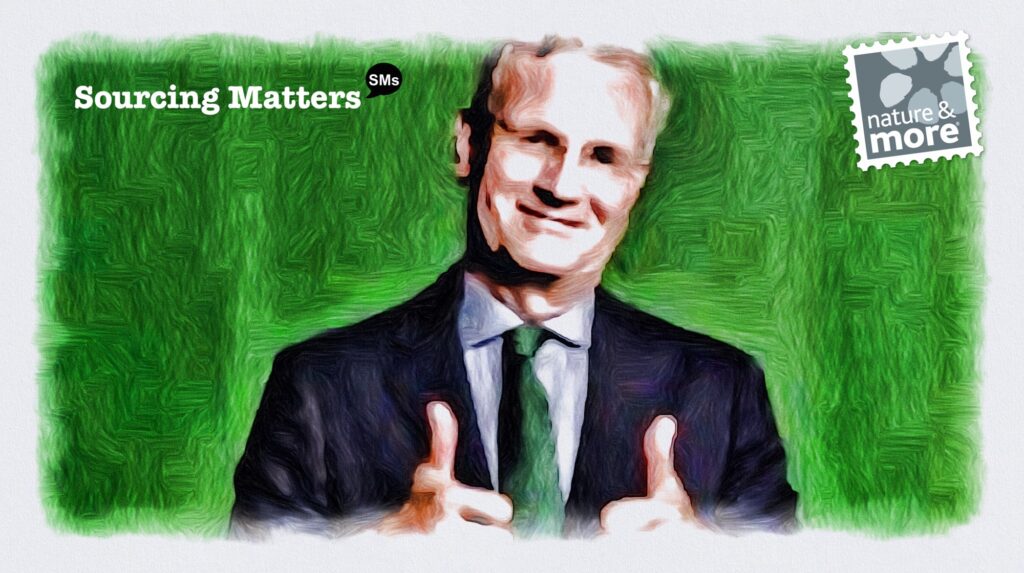
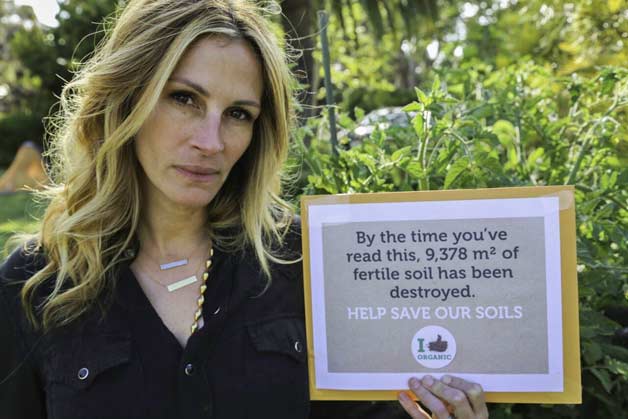
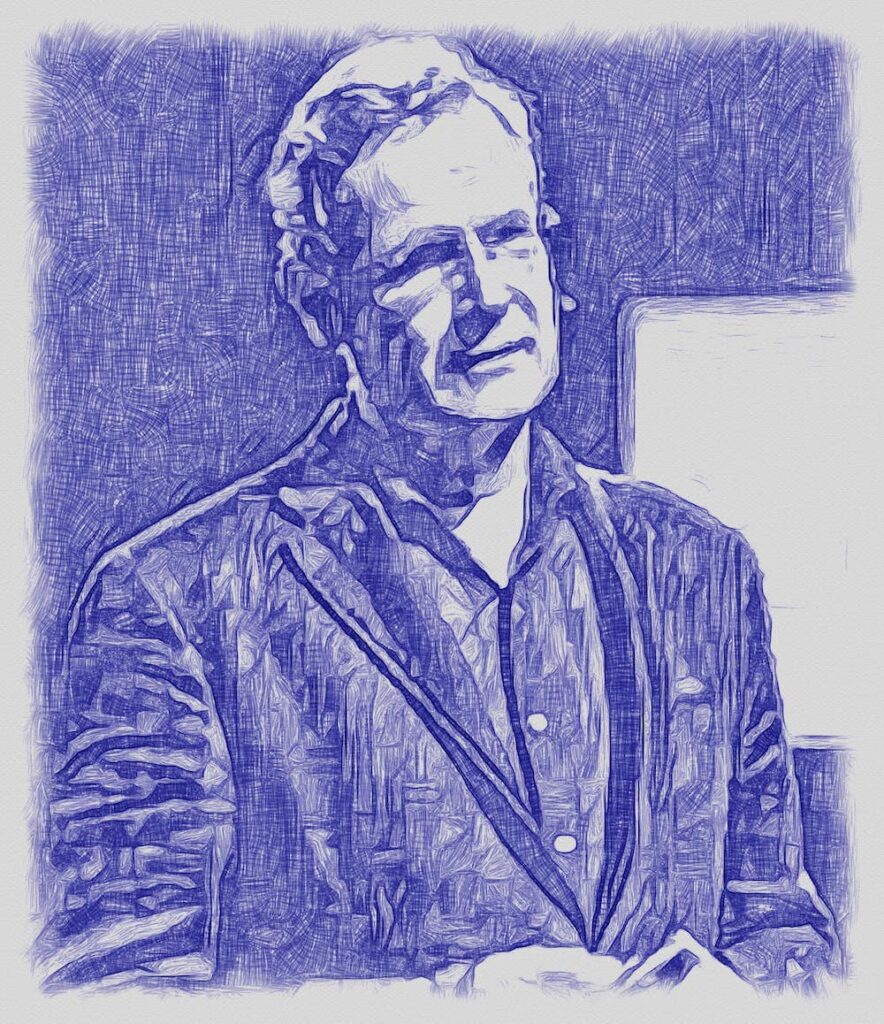
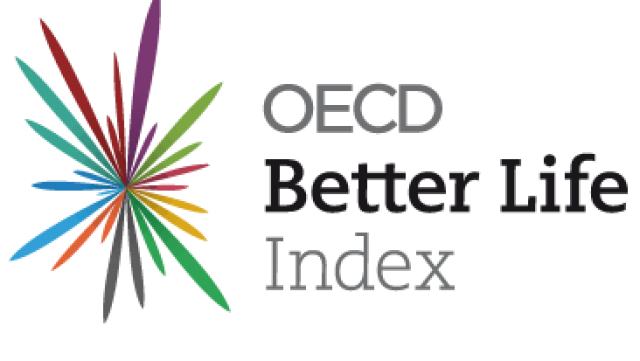



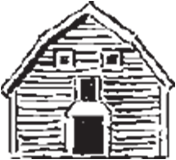

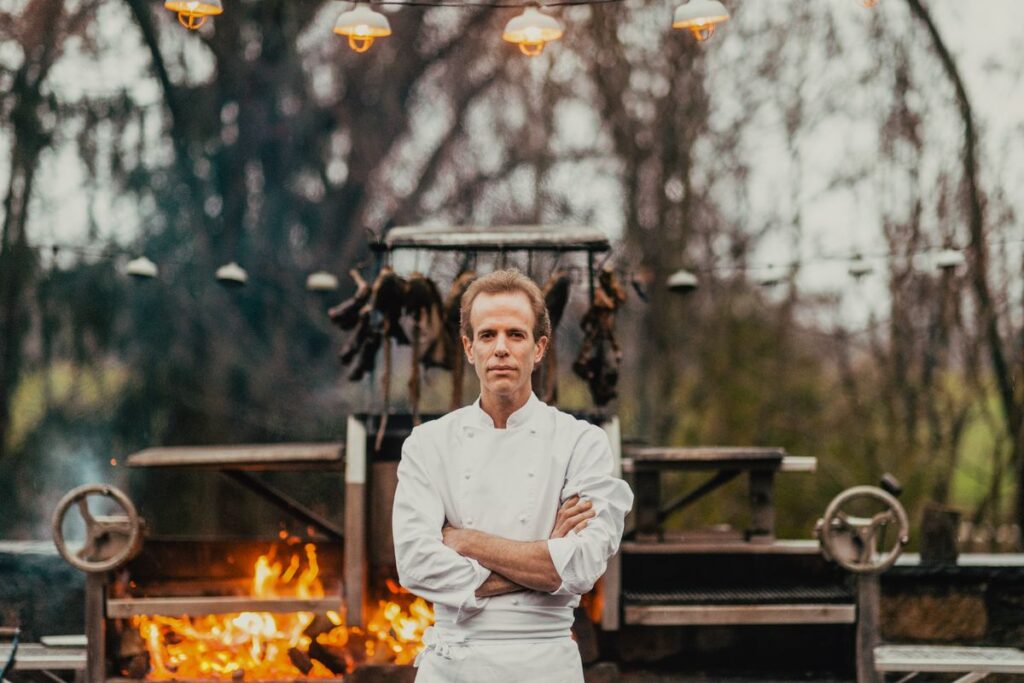
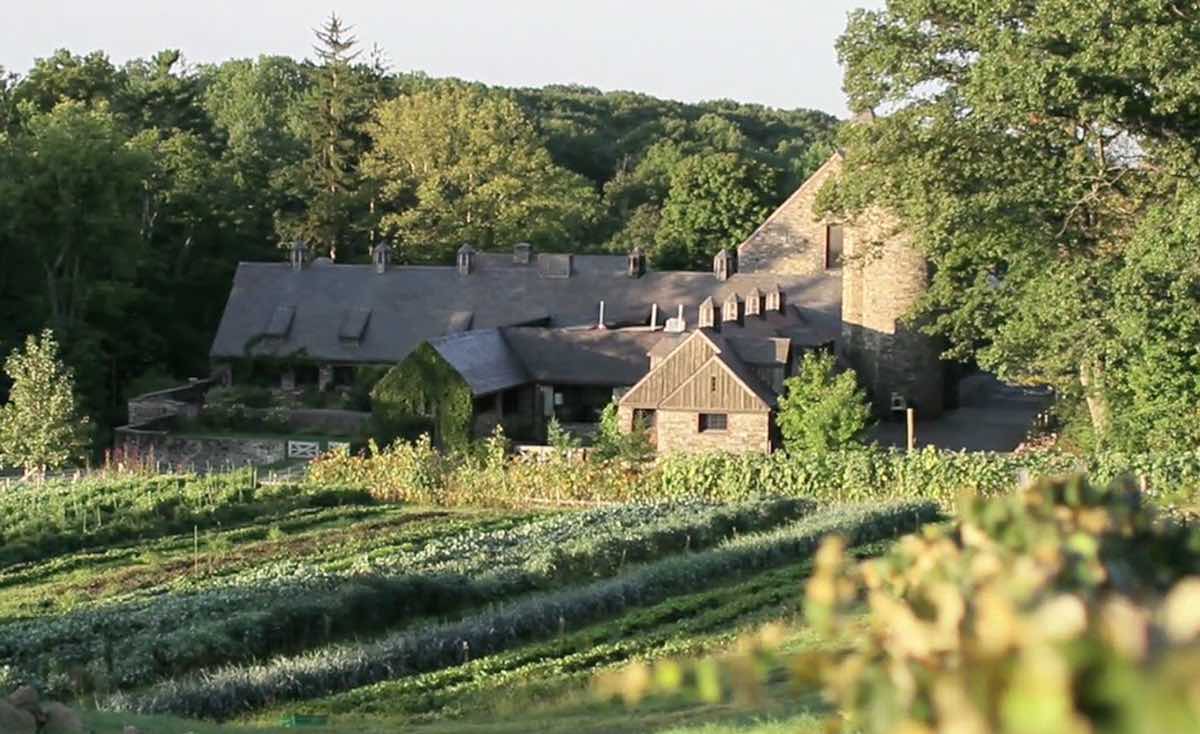
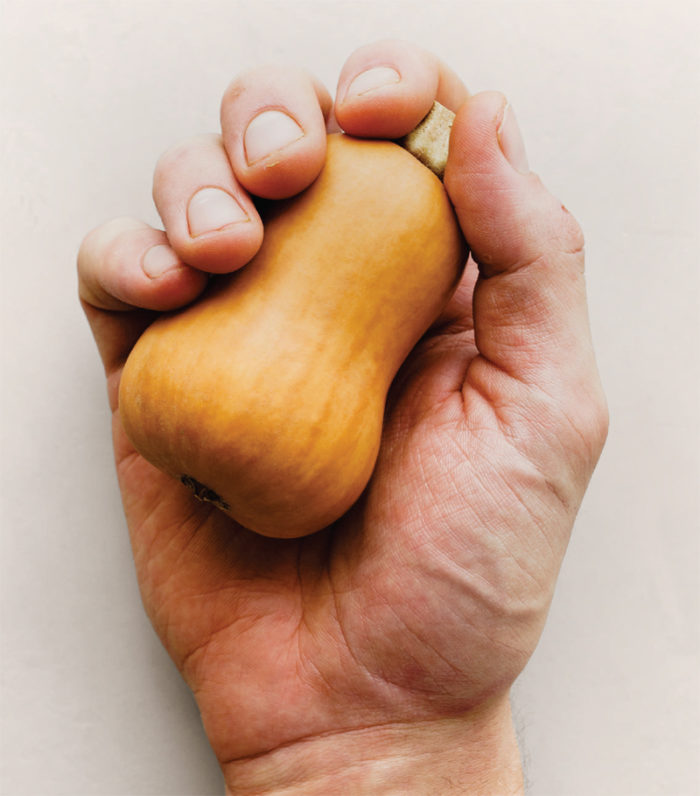

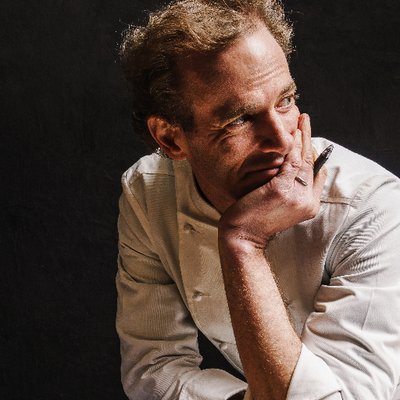

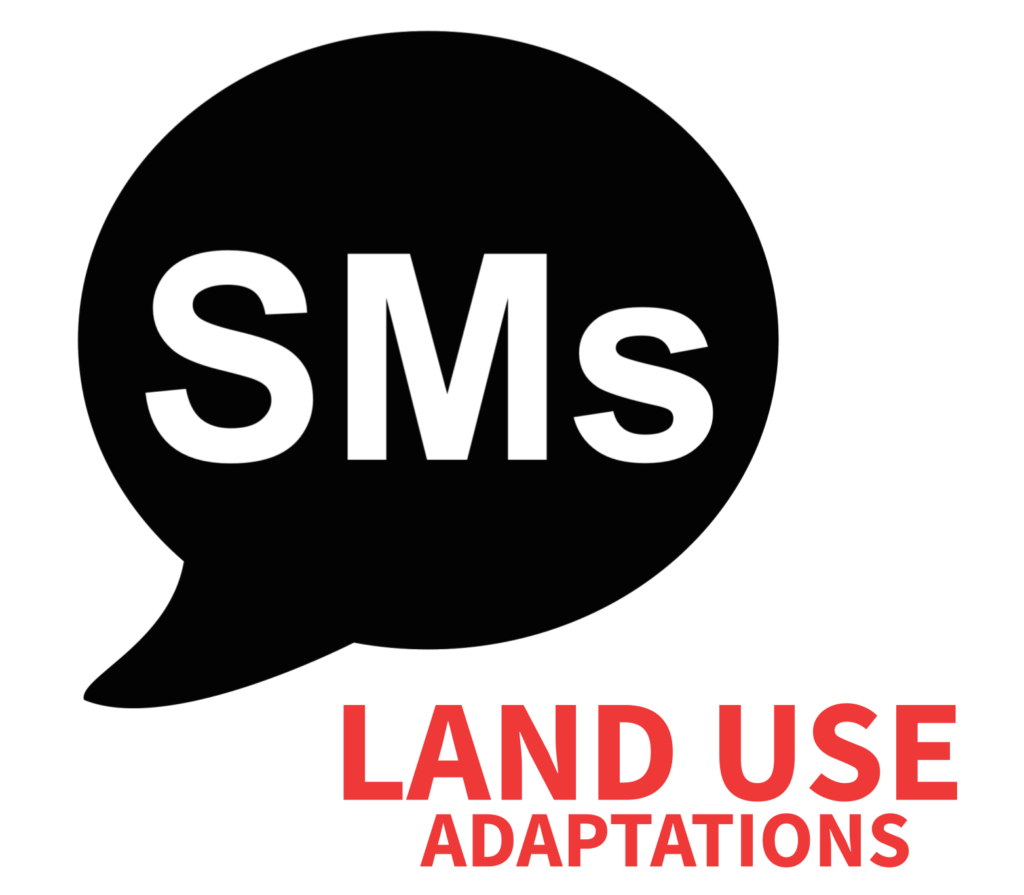
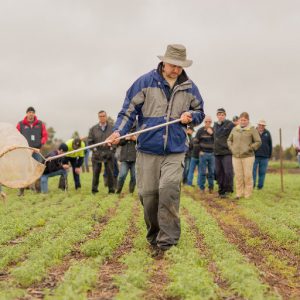
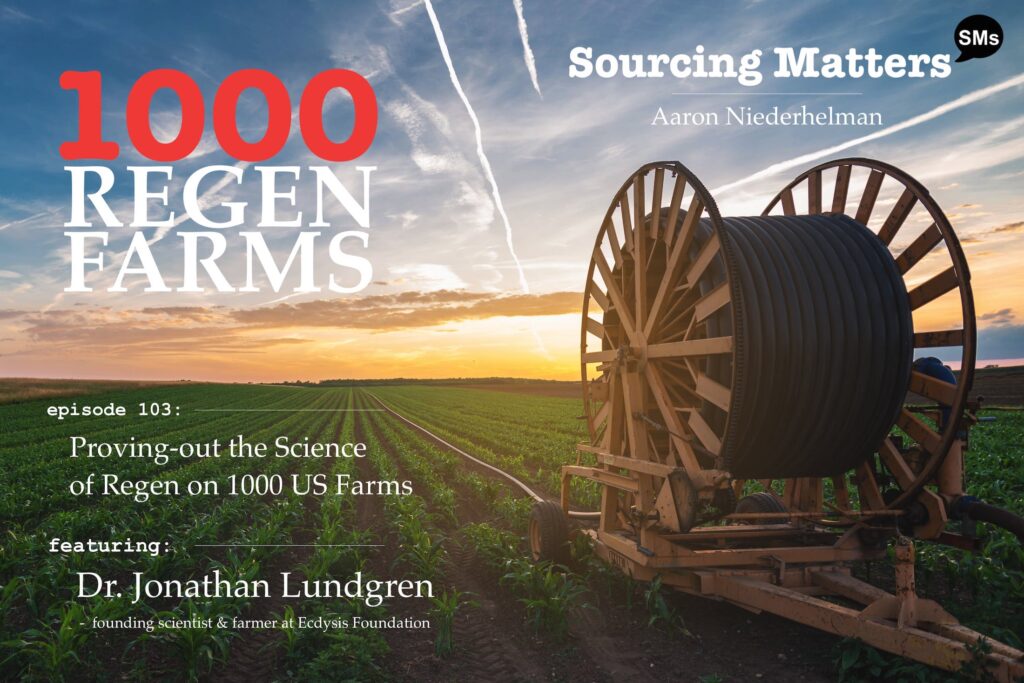
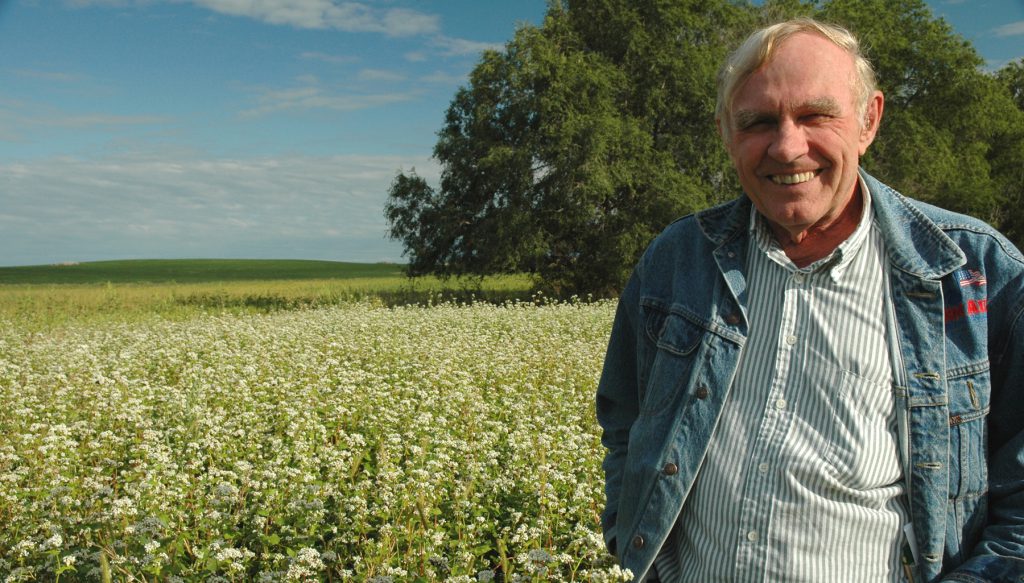
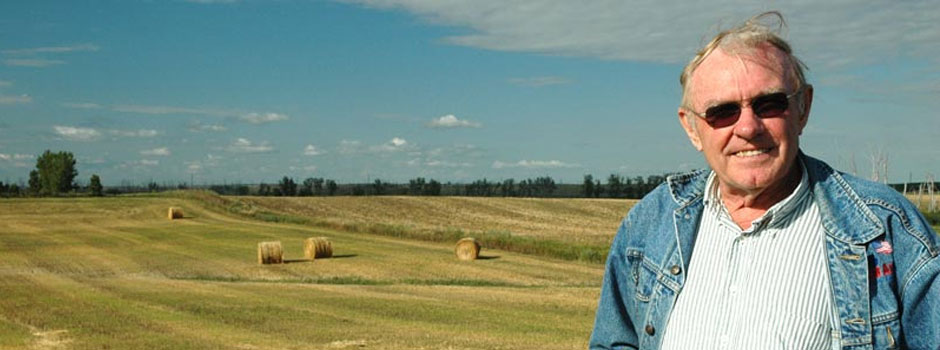

 When this kind of elbow grease bumps up against something that’s bigger than yourself; when influencers don’t become too salty in their pursuit of a mission to improve the human condition or that of the living planet; when these leaders instigate a movement – that’s when we see the icons arise. True Action Heroes that break-down parochial mindsets and evolve behaviors for the betterment of tomorrow actually exist. don’t breathe some kind of rarified air. Despite being hard to find, these icons of environmental and social change live amongst us – in our times. Influencers that we should follow, and real action heroes to be idolized. The Icon series profiles these unique folks who inspire and influence change of mindset and behavior to re-chart more journeys ahead.
When this kind of elbow grease bumps up against something that’s bigger than yourself; when influencers don’t become too salty in their pursuit of a mission to improve the human condition or that of the living planet; when these leaders instigate a movement – that’s when we see the icons arise. True Action Heroes that break-down parochial mindsets and evolve behaviors for the betterment of tomorrow actually exist. don’t breathe some kind of rarified air. Despite being hard to find, these icons of environmental and social change live amongst us – in our times. Influencers that we should follow, and real action heroes to be idolized. The Icon series profiles these unique folks who inspire and influence change of mindset and behavior to re-chart more journeys ahead.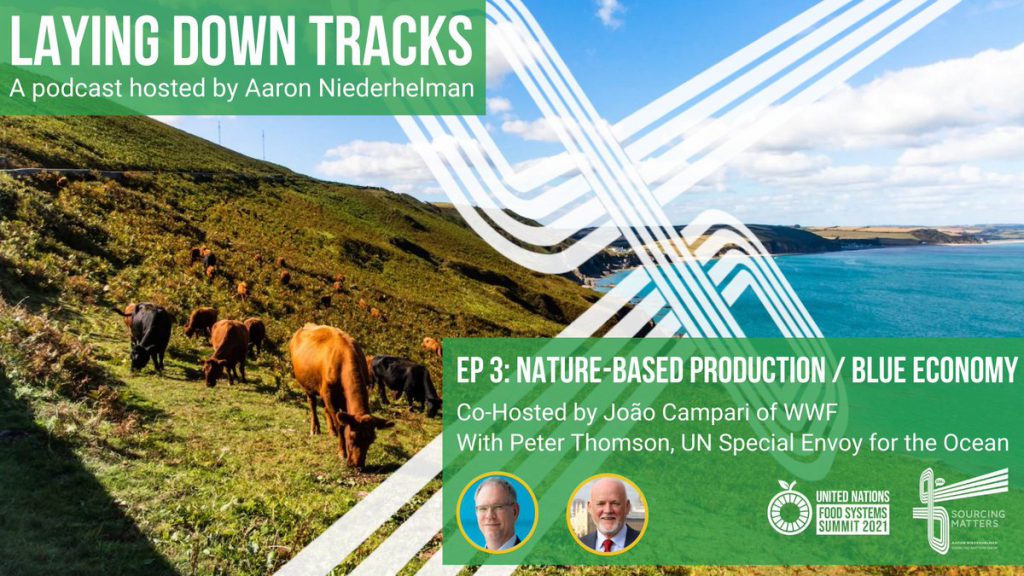
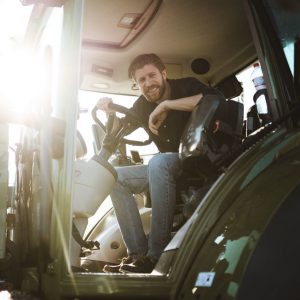 Through regenerative food production and forestry management; through hunting excursions and land stewardship initiatives; through a royal bed & breakfast and restaurant – Bösel offers patrons a unique experience dedicated to capturing and sharing the vitality found in nature’s systems. Since Benedikt has taken the reins of this 7500 acre estate located 1 hour east of Berlin – it’s become an Agtech innovation hot-bed, and an epicenter for testing / implementing Regenerative Natural Resource Management at scale.
Through regenerative food production and forestry management; through hunting excursions and land stewardship initiatives; through a royal bed & breakfast and restaurant – Bösel offers patrons a unique experience dedicated to capturing and sharing the vitality found in nature’s systems. Since Benedikt has taken the reins of this 7500 acre estate located 1 hour east of Berlin – it’s become an Agtech innovation hot-bed, and an epicenter for testing / implementing Regenerative Natural Resource Management at scale.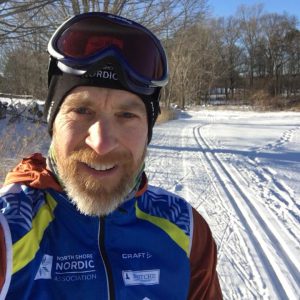 Using adaptive grazing is one important strategy to increase the soil health of our public grasslands and rangelands. For episode 85 of Sourcing Matters, consultant Greg Horner discusses his recent work interviewing innovative public land managers across the US about their use of adaptive grazing as a tool to improve soil health, restore ecosystem function, and increase biodiversity. While these agency staff are increasing soil health, they are also increasing soil carbon and making the land they manage more resilient to climate change.
Using adaptive grazing is one important strategy to increase the soil health of our public grasslands and rangelands. For episode 85 of Sourcing Matters, consultant Greg Horner discusses his recent work interviewing innovative public land managers across the US about their use of adaptive grazing as a tool to improve soil health, restore ecosystem function, and increase biodiversity. While these agency staff are increasing soil health, they are also increasing soil carbon and making the land they manage more resilient to climate change.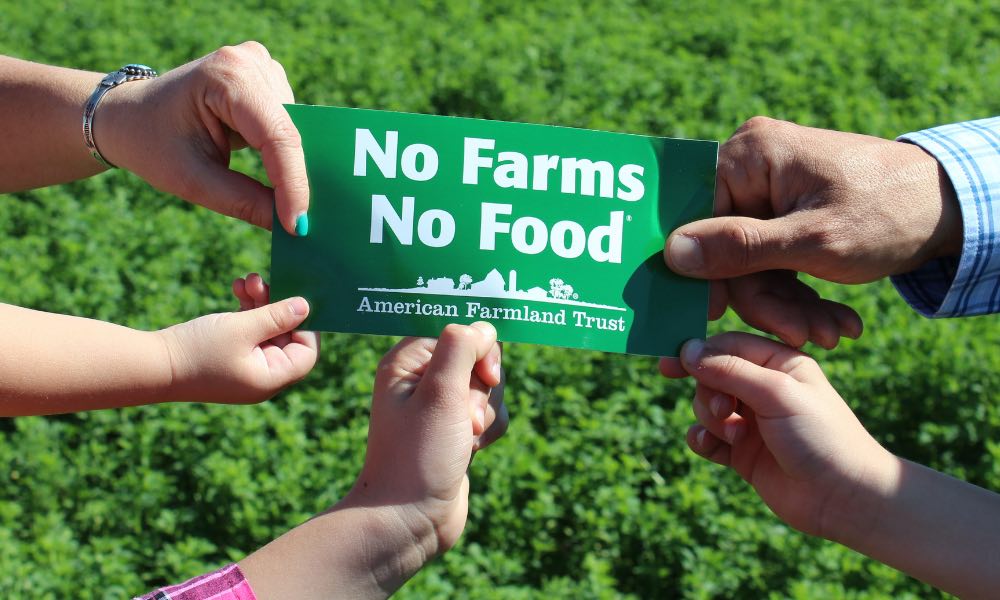
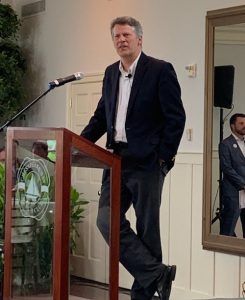 John Piotti joined American Farmland Trust as president and CEO in July 2016, bringing more than 25 years of executive management and public policy experience to the organization. Prior, John served as president and CEO of Maine Farmland Trust for 10 years. Under his leadership, Maine Farmland Trust became an award-winning statewide nonprofit organization, helping over 500 Maine farms remain viable. Piotti has earned a reputation as a nonpartisan problem-solver; as a Statesman, an Eisenhower Fellow – and – as a leader in future food that has helped stabilize a regional dairy industry, and procure funding to protect working waterfronts & our natural lands. John holds three degrees from the MIT, in engineering, public policy, and management.
John Piotti joined American Farmland Trust as president and CEO in July 2016, bringing more than 25 years of executive management and public policy experience to the organization. Prior, John served as president and CEO of Maine Farmland Trust for 10 years. Under his leadership, Maine Farmland Trust became an award-winning statewide nonprofit organization, helping over 500 Maine farms remain viable. Piotti has earned a reputation as a nonpartisan problem-solver; as a Statesman, an Eisenhower Fellow – and – as a leader in future food that has helped stabilize a regional dairy industry, and procure funding to protect working waterfronts & our natural lands. John holds three degrees from the MIT, in engineering, public policy, and management.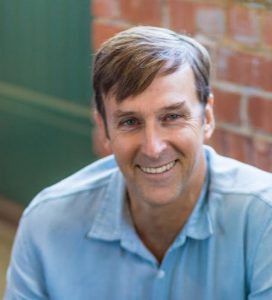 John Roulac started natural and superfoods brand Nutiva in 1999 because of his deeply held belief that it is his purpose to challenge the industrial food model and create a better food system to nourish people, communities, and our planet. Through his leadership, Nutiva has become one of the fastest-growing superfoods company in the world. Nutiva has been named one of Inc. Magazine’s fastest-growing private companies in America for seven years in a row – with sales topping $100mm in 2015.
John Roulac started natural and superfoods brand Nutiva in 1999 because of his deeply held belief that it is his purpose to challenge the industrial food model and create a better food system to nourish people, communities, and our planet. Through his leadership, Nutiva has become one of the fastest-growing superfoods company in the world. Nutiva has been named one of Inc. Magazine’s fastest-growing private companies in America for seven years in a row – with sales topping $100mm in 2015.